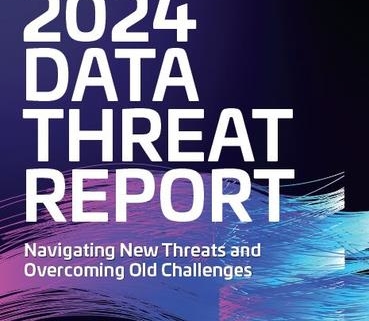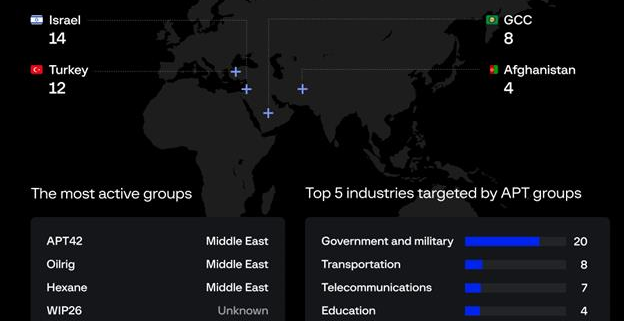Research reveals a resurfaced botnet targeting end-of-life devices
Research from the Black Lotus Labs team at Lumen Technologies has identified multi-year efforts to target end-of-life (EoL) and IoT devices. Small home and small office routers are a particular target of this campaign, which is associated with an updated version of malware known as TheMoon.
“As we’ve expanded the types of devices that have operating systems in them, we haven’t kept up with the lessons learned from desktop and server computing, namely that automatic updates are the norm. This problem is exacerbated by consumers using devices for much longer periods of time than manufacturers want,” says John Bambenek, President at Bambenek Consulting. “By using security updates as leverage for buying new products, the net result is infected devices that are used in cybercrime. Criminals have all the time in the world to be patient, they are already netting a strong cash flow and there are more infectable devices than they have time to exploit.”
TheMoon emerged in 2014 and has been operating quietly ever since. Between January and February of 2024, it has grown to more than 40,000 bots across 88 countries. Many of these bots are deployed as the foundation of a cybercriminal-focused proxy service called Faceless.
Faceless is a malicious service, offering anonymity services to cybercriminals for a negligible price. Malicious actors utilizing Faceless services can divert their traffic to hide their origins.
Jason Soroko, the Senior Vice President of Product at Sectigo, says, “Routers and other networking equipment that use passwords have been easy victims to pray and spray attacks for years. It is unfortunate that stronger forms of authentication are not common. What’s new here is the usage of proxy networks for C2 traffic obfuscation. It shows that de-anonymizing Tor and VPN traffic is not only happening, but has been successfully used against attackers.”



